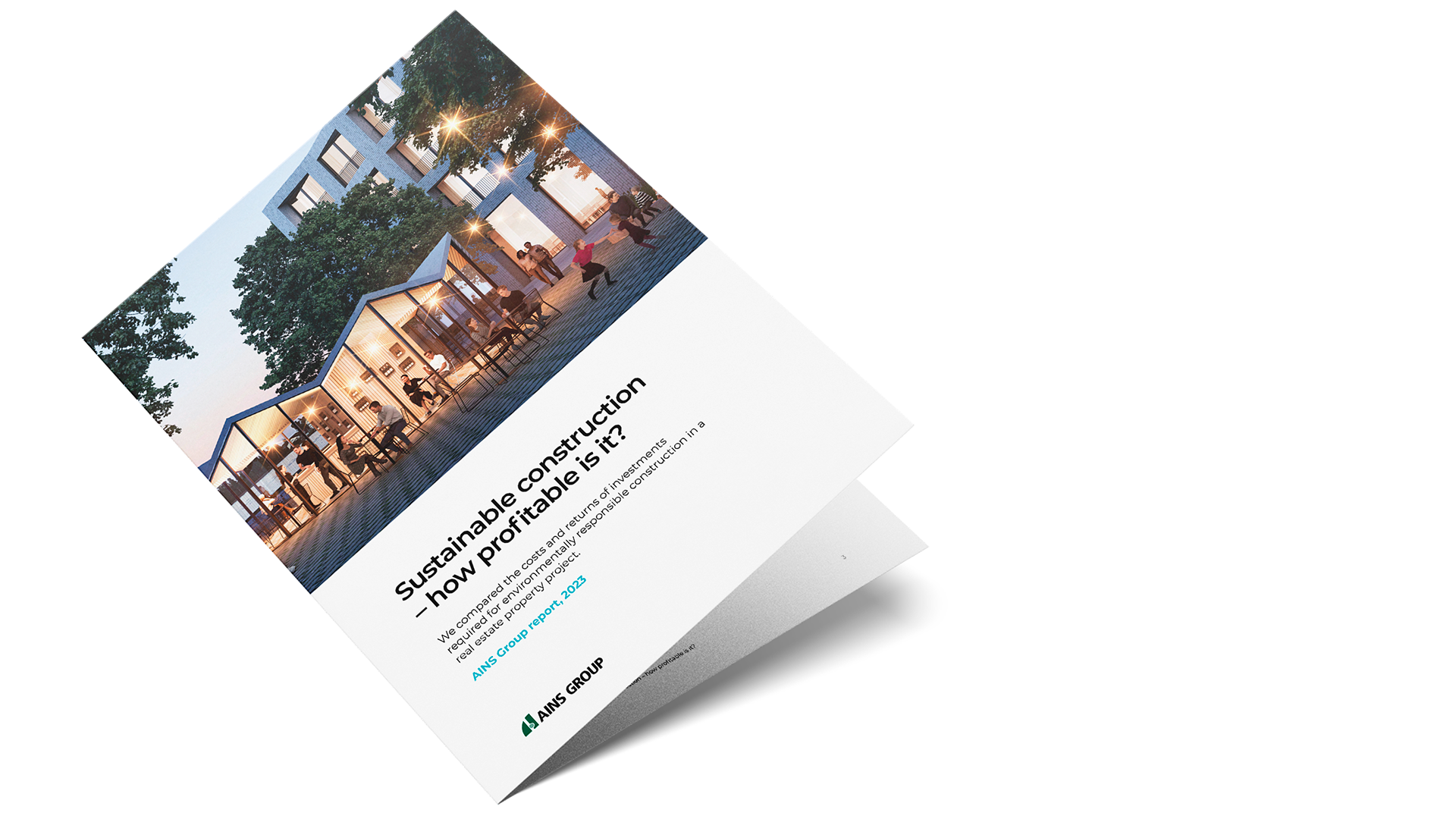-
Services
- Property and urban development
- Project and construction management
- Architectural design
-
Structural engineering
- Structural and element engineering
- Wood structures
- Residential and hybrid buildings
- Hotels and other accommodation
- Schools, educational institutes and day care centres
- Cultural facilities
- Business and office premises
- Fire engineering
- Parking facilities and terminals
- Hospitals and healthcare facilities
- Technical analysis FEM and CFD
- Industrial structural engineering
- Research and development
- Sports and recreation facilities
-
Industrial engineering
- Energy engineering
- Energy audit
- Energy and HVAC measurements
- Project and construction management
- Refrigreration engineering
- Fire engineering
- Process engineering
- Cleanroom engineering
- Emission measurements
- Electrical Engineering
- Technical analysis FEM and CFD
- Industrial HVAC engineering
- Safety engineering
- Process automation
- Industrial structural engineering
- Research and development
- Environmental impact assessment
- Renovation engineering
- Infrastructure engineering
- Geotechnical engineering
- Rock and underground engineering
- Building services engineering
- Energy engineering and consulting
- Acoustical engineering
- Cost and sustainability management
-
Low-carbon construction and circular economy
- Energy consulting
- Environmental Product Declaration EPD
- Carbon footprint consulting
- Carbon footprint calculation
- Carbon-neutral urban development
- Circular economy consulting
- Construction and demolition waste compliance
- Pre-demolition audit
- Optimisation of the carbon footprint of materials
- Groundworks with recovered materials
- Low-carbon construction management
- Environmental services
- Surveys and inspections
- Specialist services
- References
- News
- About us
- Contact us
- Home
- News
- AINS Group report: An environmentally sustainable property offers better returns than a standard project

AINS Group report: An environmentally sustainable property offers better returns than a standard project
In property projects, sustainable construction is usually considered in terms of costs or the payback period for an individual investment, such as solar panels or wood material. On the other hand, sustainability is a clear market trend, thereby increasing properties’ attractiveness and market value.
– Determining the profitability of individual choses made is no longer enough. The level of sustainability should be reviewed across the board in the early stages of decision-making because it impacts the overall returns of the project, explains project development director Anssi Salonen, AINS Group.
AINS Group consultant team compared sustainable construction’s costs and returns and analysed the profitability of the projects sustainability with investment calculations. A private commercial property project (10,000 m2) in the Helsinki region was selected as the model project for the calculation. Download the report
The annual return of an environmentally sustainable office property (9.1%) proved 1.7% higher than that of a property built in line with standard specifications (7.4%). The 15-year follow-up period ended with the sale of the property after a 10-year leasing period. The property was more profitable than a standard property after seven years of use.
– The cashflow generated covers the extra investment on sustainability, and sustainable built properties offer better returns than standard buildings. In our calculations based on a real-life case, the annual return was 25% higher than for a standard property, but in some projects the difference between may be even bigger, Salonen states.
Environmental sustainability brings in rent premiums and a higher sales value
A high level of environmental sustainability brings financial benefits in the form of lower operating costs, better loan terms, and higher usage rates and rental revenue.
– Sustainable energy solutions may reduce electricity and heating costs by up to 22%. However, tenants rarely want to pay for individual technical systems. Instead, having premises that are efficient, meet the needs of the operations and can be adapted to changes in personnel numbers is the main criteria, says Salonen.
An environmentally sustainable property is also more profitable at the sales stage than a standard building.
– In the changing future market situations, a building that is constructed to standard specifications is a less interesting investment proposition, and risks related to the property’s resale are considerable without sustainable solutions, Salonen adds.
”For each project, a profitable combination of sustainable solutions can be identified”
Different combinations of sustainable solutions can be integrated into construction projects. In our report, we analysed costs of various combinations on the basis of AINS Group’s project database.
The extra cost of sustainable construction ranges from 0.1% to 17%, depending on the desired level of sustainability. For example, measures for reducing the building’s carbon footprint (low-carbon building materials, structural energy-efficiency, geothermal solutions, solar panels and emission-free construction sites) increase costs by 3.6–9%.
– The EU taxonomy, the new Land Use and Building Act, environmental classifications and your own environmental targets must be analysed together to identify the level that brings added value to the project. For each project, a profitable combination of sustainable construction solutions can be identified, explains Salonen, adding:
– Over the next few years, we will see an increasing number of elements that improve the profitability of sustainability investments in construction brought about by financial and market mechanisms.
Download the report "Sustainable construction – how productive is it?" for free.
For further information, contact:
Anssi Salonen, director, project development, AINS Group
tel. +358 40 514 6181
anssi.salonen@ains.fi
Antti Tuomela, vice president, property development, AINS Group
tel. +358 40 719 4007
antti.tuomela@ains.fi

